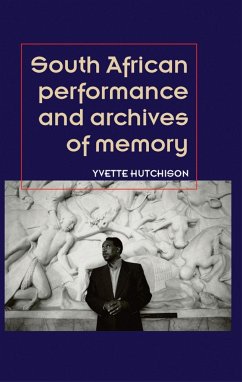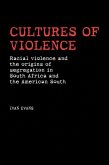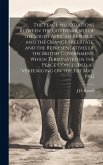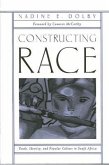This book argues that memory functions as a key element in contemporary South African re-imagining of historical events and in constructing new definitions of national and personal identity. It compares two ways in which memory is embodied: in repertoires of practices, songs, dance, rituals, and in material archives, texts, documents, buildings. The particular contribution of this study is its focus on the role of performance in South Africa's renegotiation of memory and historical understanding, as exemplified in public events such as the Truth and Reconciliation Commission, the South Africa-Mali Timbuktu Manuscript Project and the 2010 World Cup opening ceremony, and in memorial sites such as the Voortrekker Monument and Freedom Park. The book explores the implications of translating diverse embodied memories into a coherent, official national narrative that is usually defined and made coherent that is, over-simplified - by the state, which defines South Africa as a unitary 'rainbow nation'. The book compares official narratives that have tended to define how the 'new' South Africa is remembering the past to various theatrical engagements with memory that highlight specific disavowed themes which recur in post-apartheid South African theatre, which include exile, ghosts and hauntings, masculinity, and the tension between justice and reconciliation. The analyses extend beyond thematic accounts to include exploring the reasons for and effects of juxtaposing 'realist' and 'verbatim' aesthetics to more exaggerated, hyper-theatricalised forms. Ultimately this book argues for keeping archives and repertoires open to reinvestigation and reinterpretation, and in dialogue with one another.







![Voices from the Federal Theatre [With DVD] Voices from the Federal Theatre [With DVD]](https://bilder.buecher.de/produkte/52/52960/52960916m.jpg)